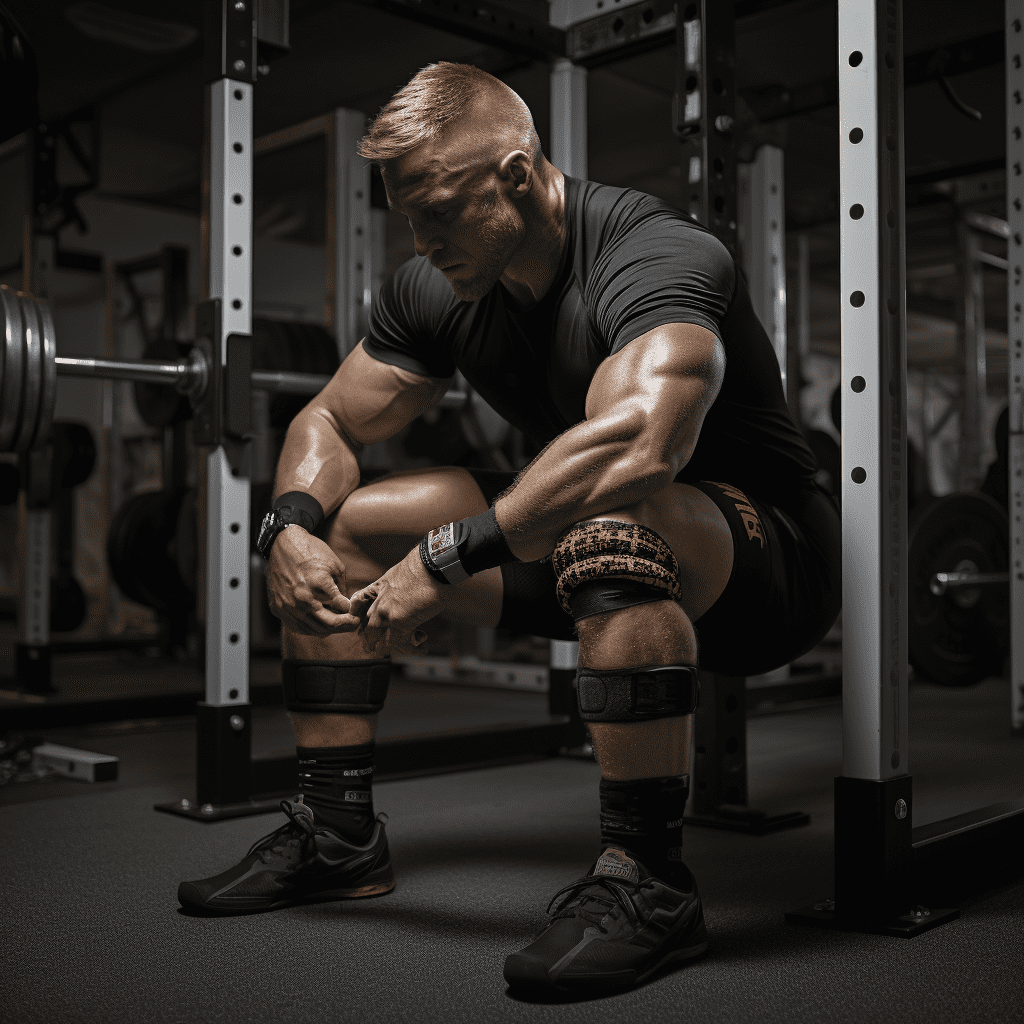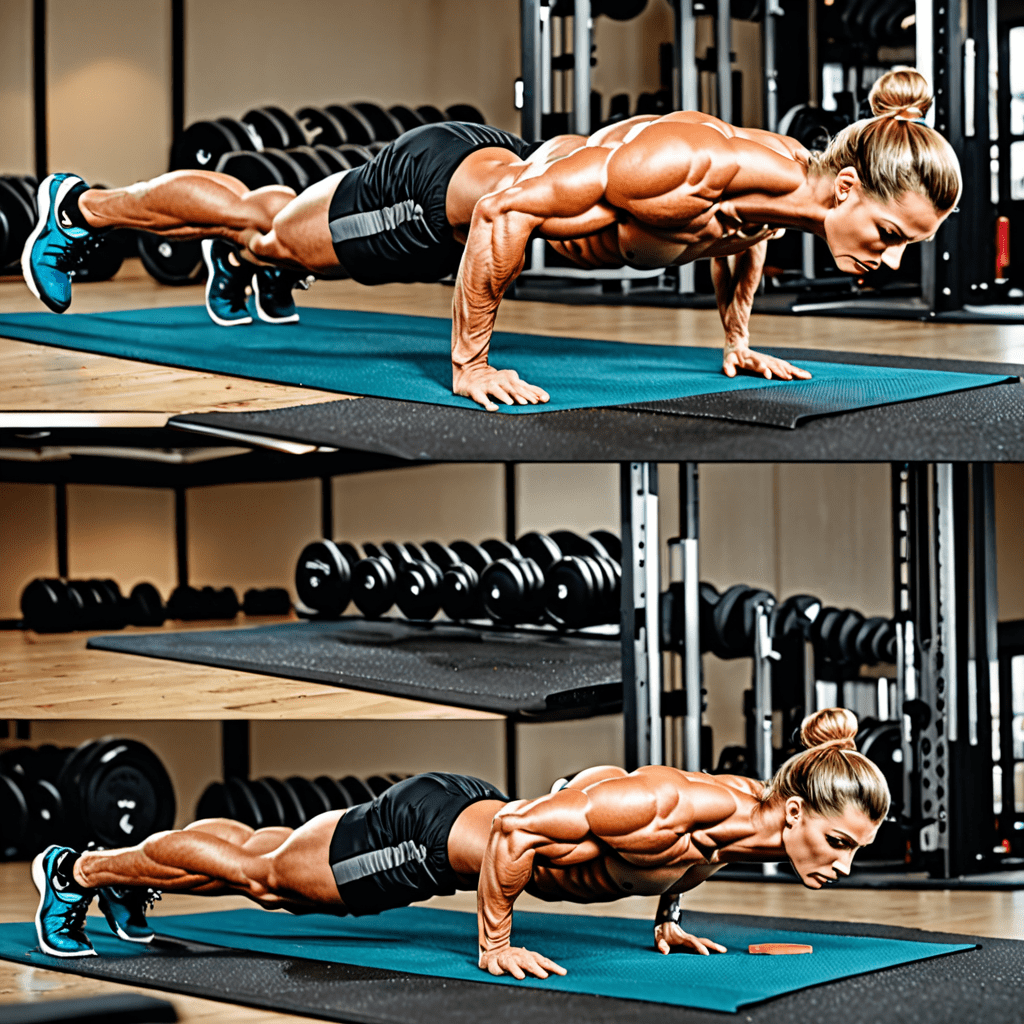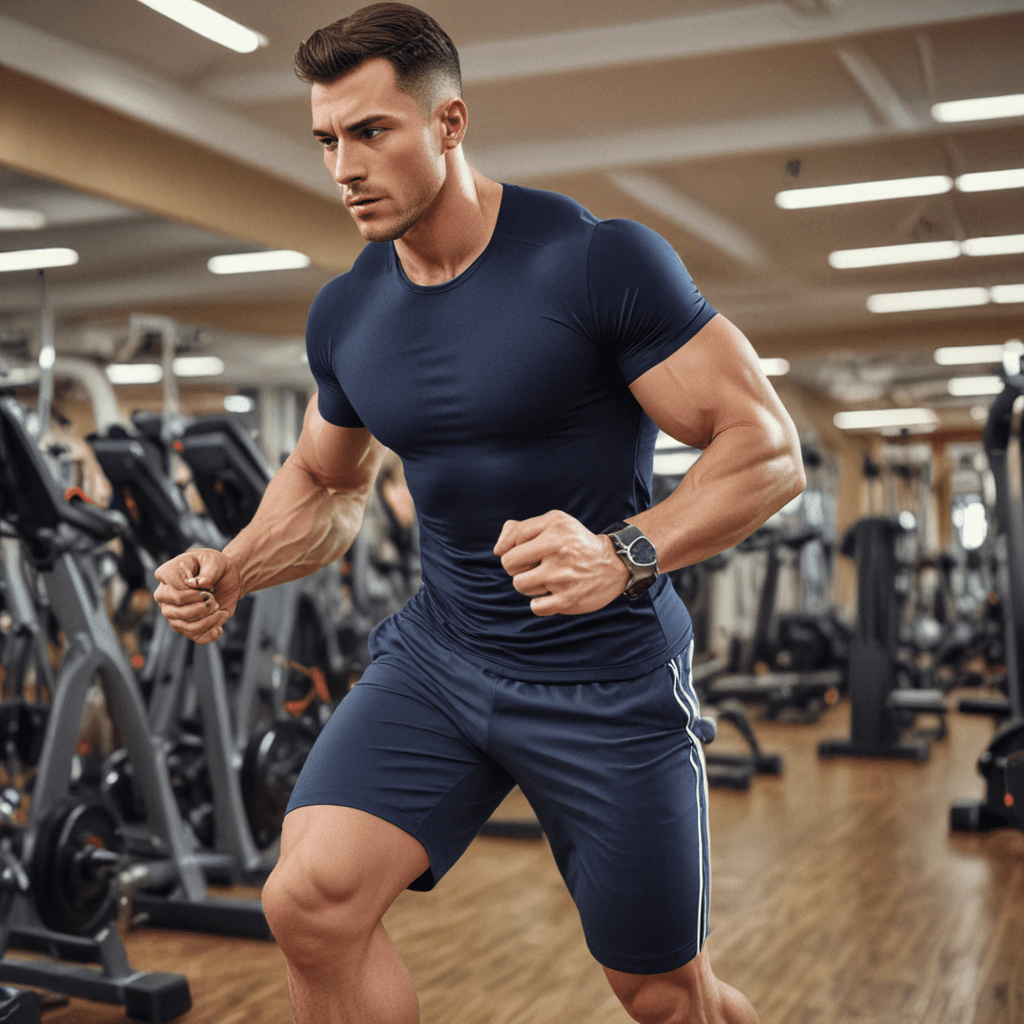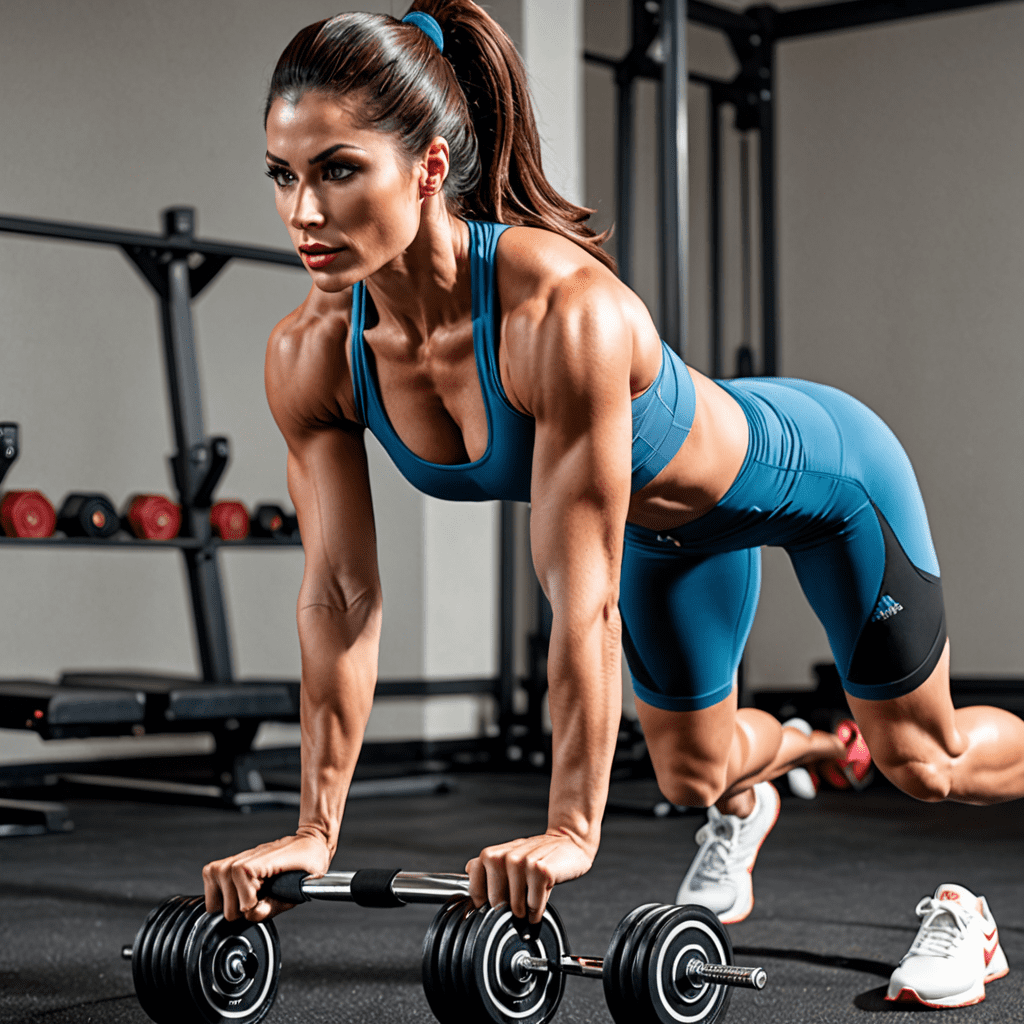
How much do knee sleeves add to your squat?
When it comes to weightlifting, many enthusiasts rely on supportive gear to enhance their performance and protect their joints. One popular piece of equipment is knee sleeves. These elastic compression sleeves are worn around the knees and provide stability, warmth, and support. But how much do knee sleeves actually contribute to your squat? Let’s explore this question and delve into the benefits of using knee sleeves during squats.
Understanding knee sleeves and their function
Before we assess the impact of knee sleeves on squats, it’s important to understand what they do and how they work. Knee sleeves are typically made from neoprene, a synthetic material known for its elasticity and heat retention properties. The primary purpose of knee sleeves is to provide compression, which helps increase blood flow, reduce pain, and improve joint stability.
Enhancing joint stability and support
One significant advantage of wearing knee sleeves during squats is the added joint stability and support they offer. Squatting places a significant amount of stress on the knees, and this can lead to discomfort or even injury, especially when lifting heavier weights. Knee sleeves provide compression and help keep the knee joint in proper alignment, reducing the risk of lateral or forward movement during the squat.
Increased muscle warmth and performance
Another benefit of knee sleeves is their ability to increase muscle warmth. The neoprene material traps heat, improving blood flow to the knee joints and surrounding muscles. This enhanced circulation can contribute to better muscle activation and performance during squats. By keeping the quadriceps, hamstrings, and other lower body muscles warm, knee sleeves may help you generate more power and lift heavier weights.
Mind-body connection and confidence
Squatting can be a mentally and physically demanding exercise. When you wear knee sleeves, you may experience a psychological boost that can positively impact your performance. The feeling of added support and stability can help increase your confidence, allowing you to focus on the movement and lift with more control. This psychological advantage can be particularly beneficial when attempting new personal bests or competing in weightlifting events.
Protecting and preventing injuries
One of the primary reasons athletes and lifters use knee sleeves is to protect their knees from potential injuries. The compression provided by knee sleeves can reduce the strain on the knee joint, ligaments, and tendons. By minimizing excessive movement and stabilizing the knee, knee sleeves may help mitigate the risk of injuries, such as patellar tendonitis or patellofemoral pain syndrome. While knee sleeves cannot completely prevent injuries, they can be a valuable tool in injury prevention.
Additional considerations and limitations
While knee sleeves offer several advantages, it’s important to note that they have limitations as well. First and foremost, knee sleeves should not be used as a substitute for addressing underlying mobility, flexibility, or strength issues. It’s crucial to prioritize proper technique, warm-up exercises, and strengthening programs to support your squatting ability. Knee sleeves should complement your training, not replace it.
Furthermore, knee sleeves may provide a subjective sensation of support and stability, but their actual effectiveness may vary from person to person. Some individuals may experience a significant improvement in their squat performance with knee sleeves, while others may not notice a substantial difference. Experimentation and individual assessment are crucial to determine if knee sleeves are useful for your specific needs and goals.
FAQ
Q: Can knee sleeves help me squat more weight?
A: Knee sleeves can provide additional support, stability, and warmth, which may help you squat more weight. The combined effects of improved joint alignment, muscle activation, and confidence can contribute to enhanced squat performance.
Q: Do knee sleeves protect against knee injuries?
A: While knee sleeves can provide some level of protection by stabilizing the knee joint, they cannot entirely prevent injuries. It’s essential to prioritize proper technique, strength training, and mobility work to reduce the risk of knee-related issues.
Q: Should I wear knee sleeves for every squat session?
A: It’s not necessary to wear knee sleeves for every squat session. Reserve their use for workouts that involve heavier weights or when you need additional support and warmth. Over-reliance on knee sleeves may hinder your ability to develop the necessary stability and strength in your knees.
Q: How do I choose the right knee sleeves?
A: When selecting knee sleeves, consider factors such as the level of compression, material quality, sizing, and your specific needs. Consult with experienced lifters or fitness professionals for recommendations based on your body type, goals, and budget.
Q: Are knee sleeves suitable for beginners?
A: Knee sleeves can benefit both beginners and experienced lifters. However, beginners should prioritize learning proper squat technique, building strength, and improving mobility before incorporating knee sleeves into their training routine.
Q: Can knee sleeves be worn for other exercises besides squats?
A: Yes, knee sleeves can be worn for various exercises that involve the lower body, such as lunges, deadlifts, and leg presses. They provide support and stability to the knees in any movement that puts stress on this joint.


